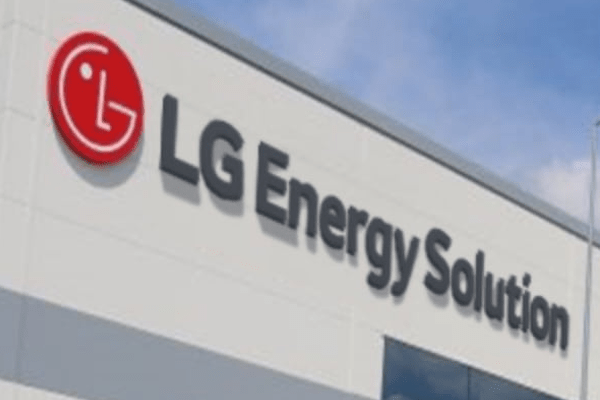LGES purchases LFP cathode materials in China
According to several South Korean media outlets, the contract will run for the next five years. LG Energy Solution plans to start producing LFP batteries for electric vehicles in the second half of 2025. To date, the Korean company has mainly focussed on nickel-containing cell chemistries. However, demand in the automotive industry is also increasingly focussing on the cheaper LFP cells, which have caught up considerably in terms of energy density.
Publications such as Korea JoongAng Daily calculate that LGES could use the 160,000 tonnes of LFP cathode materials to produce battery cells for one million electric cars with a range of more than 400 kilometres on a single charge.
However, no details are given on the financial scope of the order. However, it is said that both companies will discuss a further supply contract “depending on the future market situation”. The portal The Elec, which is well connected in the Asian battery industry, states that LFP cathodes currently cost around 10,000 US dollars per tonne in China. This would result in an order value of 1.6 billion dollars or 1.48 billion euros – without possible discounts for a large order.
Changzhou Liyuan New Energy Technology is based in Nanjing and was only founded in 2021. Nevertheless, the company already has a production capacity of 310,000 tonnes of battery material per year, according to the South Korean media. This is to be further expanded in the future, for example, the factory in Indonesia is to be expanded from the current 30,000 tonnes to up to 120,000 tonnes.
LGES has been producing LFP cells at its plant in Nanjing, China, since 2023, but these are exclusively intended for stationary energy storage systems. The company will therefore already have initial experience with LFP materials when production of automotive-grade LFP cells starts next year.





0 Comments